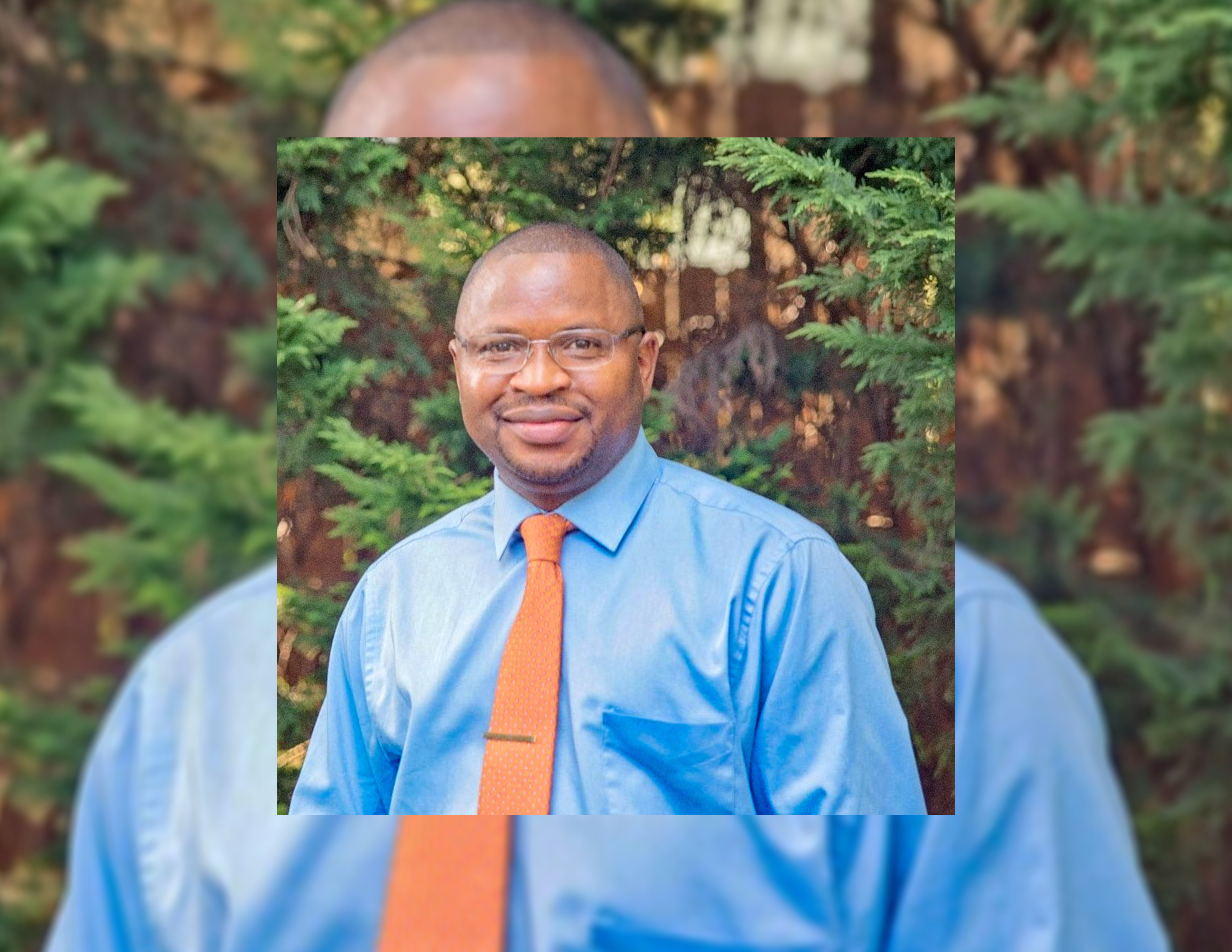Recently, Kennesaw State Associate Professor of Communication Dr. Farooq Kperogi received online threats calling for his execution in response to his criticism of the Nigerian government.
The most recent threat against Kperogi was a tweet that called for the execution of Kperogi and two other men by Twitter user @witan17 Friday, Nov. 1, according to the International Centre for Investigative Reporting.
“The [Nigerian] government recruited a troll factory on the internet to smear me, to attack me, to libel me, and that didn’t work because it is of no consequence to me,” Kperogi said. “They went from there to making up all kinds of falsehoods and threats against me.”
The threats follow information revealed to Kperogi that the Nigerian government might be planning to send assassins to murder him on United States soil.
“I never took those death threats seriously until somebody who is close to the president [of Nigeria]’s office — who had given me lots of credible information about the president that has turned out to be entirely accurate — told me that a senior officer of the Nigerian secret police said there were plans to assassinate me,” Kperogi said.
The information, which was given to Kperogi in August according to his blog, was originally dismissed by Kperogi as alarmism. That soon changed when he thought of what happened to Umaru Dikko, a former Nigerian minister in exile.
“When I recall that Buhari had sent Israeli mercenaries to kidnap Umaru Dikko from London on July 5, 1984, and that his regime hired Israeli agents for a social media dissemination and propaganda campaign this year, according to a May 17 2019 Associated Press news story titled ‘Israeli Disinformation Campaign Targeted Nigerian Election,’ I realized that the regime is capable of the vilest malevolence imaginable to protect and conceal the unprecedented criminality it’s perpetrating every day in Nigeria,” Kperogi said in his blog post.
Kperogi said he receives threats at varying times, sometimes multiple in one day or one in an entire month. The threats he receives are via social media and email that can be linked to a smear campaign against government critics, he said.
The smear campaign has previously accused Kperogi of spreading fake news.
Earlier this year, the Sentinel reported on how Kperogi came under fire for tweeting videos of what looked like a Nigerian elected official thumb-printing election ballots. Kperogi accused the Nigerian official and government of rigging the election and that Nigeria’s elections were a “sham democracy.”
Kperogi had been accused by some commenters under his tweet of spreading false information about the elections.
Many in Nigeria wish to speak out against the government, but cannot out of fear of similar reactions of violence and threats, Kperogi said.
Despite these threats, however, Kperogi will continue speaking against the Nigerian government as he has since the false news accusations, he said. Kperogi also does not expect the smear campaign and threats to stop.
“It’s a feature of third world democracy, sadly,” Kperogi said. “But that’s no reason why I should stop. I have the advantage of being located outside of the theater of violence in Nigeria, and this is my own way of giving back to the community.”


